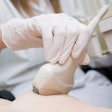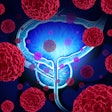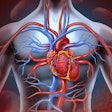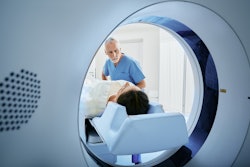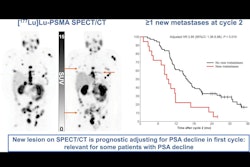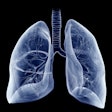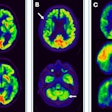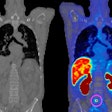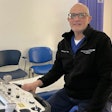More in Home
4 top trends in global healthcare
February 18, 2025
fMRI reveals a brain circuit for creativity
February 18, 2025
Lung lesion volume doubling times associated with survival metrics
February 17, 2025
Swiss experts voice concerns over image manipulation
February 17, 2025
DCR shows promise in patients with cystic fibrosis
February 14, 2025
CDSS fails to reduce inappropriate imaging orders
February 14, 2025
PET advances in neurodegenerative disorders
February 13, 2025
Radiomics shows value in predicting prostate cancer survival
February 13, 2025
What are today's hottest ultrasound technologies?
February 12, 2025
Road to ECR 2025: Ultrasound Preview
February 12, 2025
Marion Smits talks social media, diversity and ECR 2025
February 11, 2025
Radiologist awaits sentencing after court appearance
February 11, 2025

